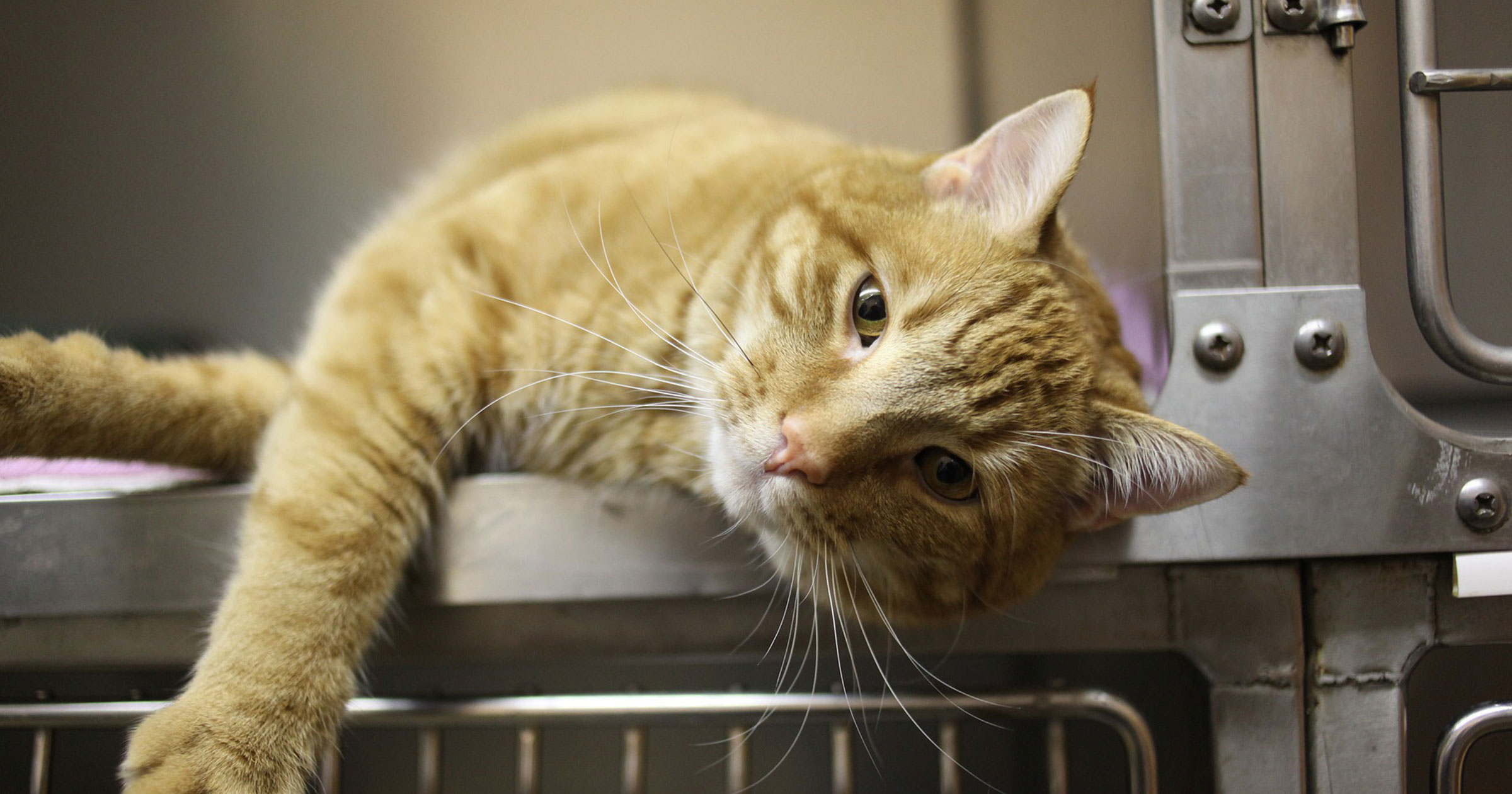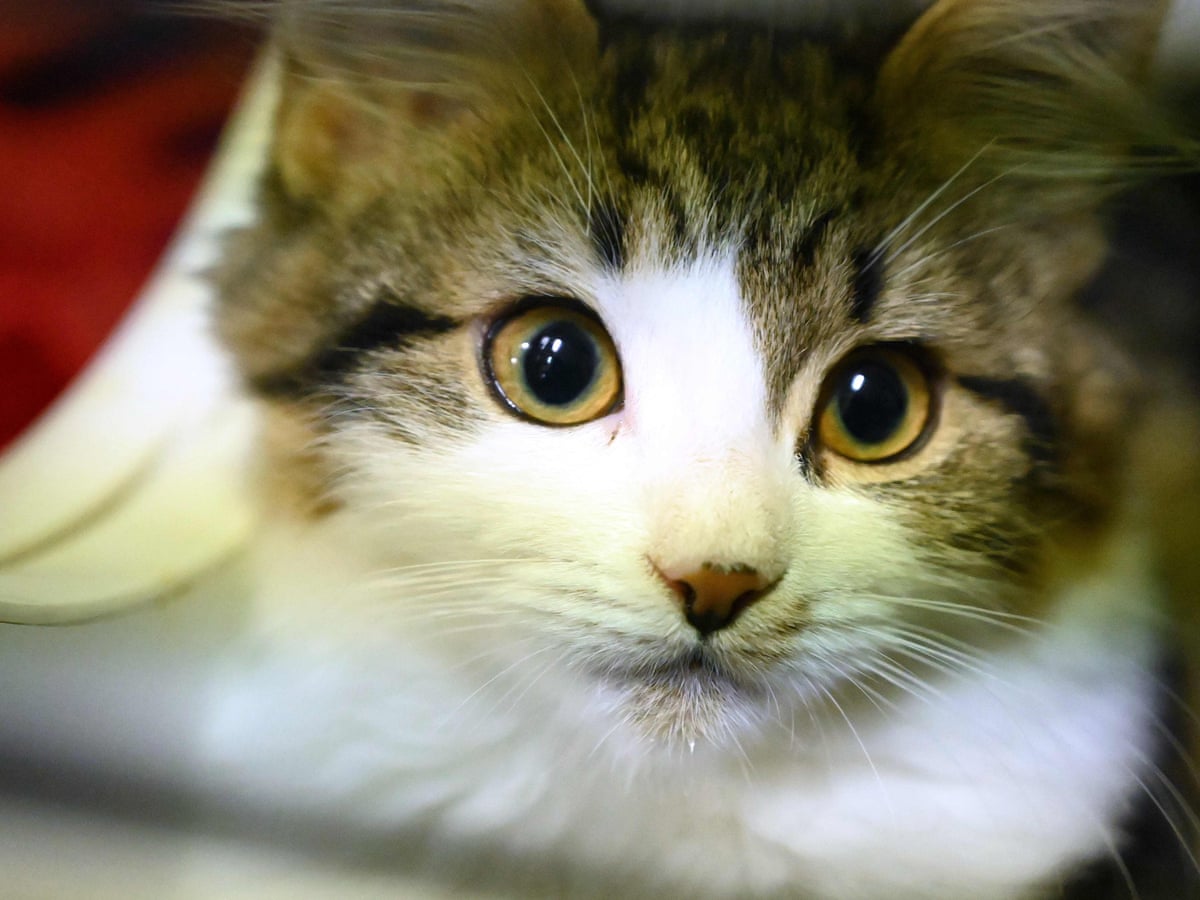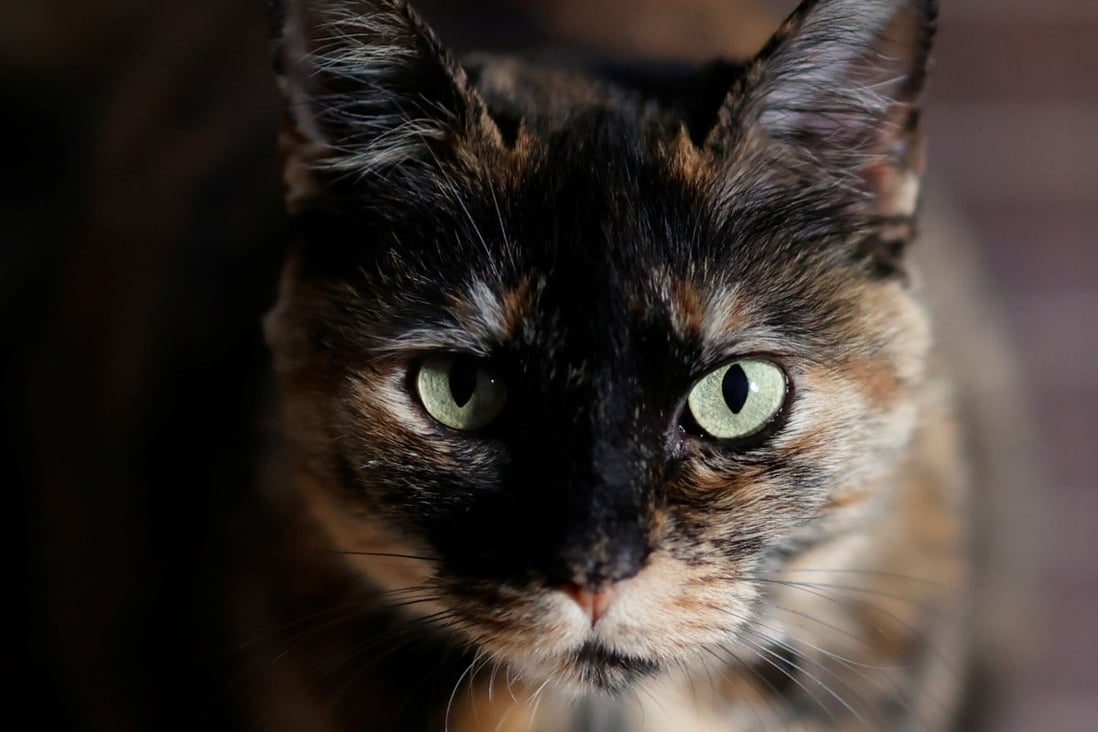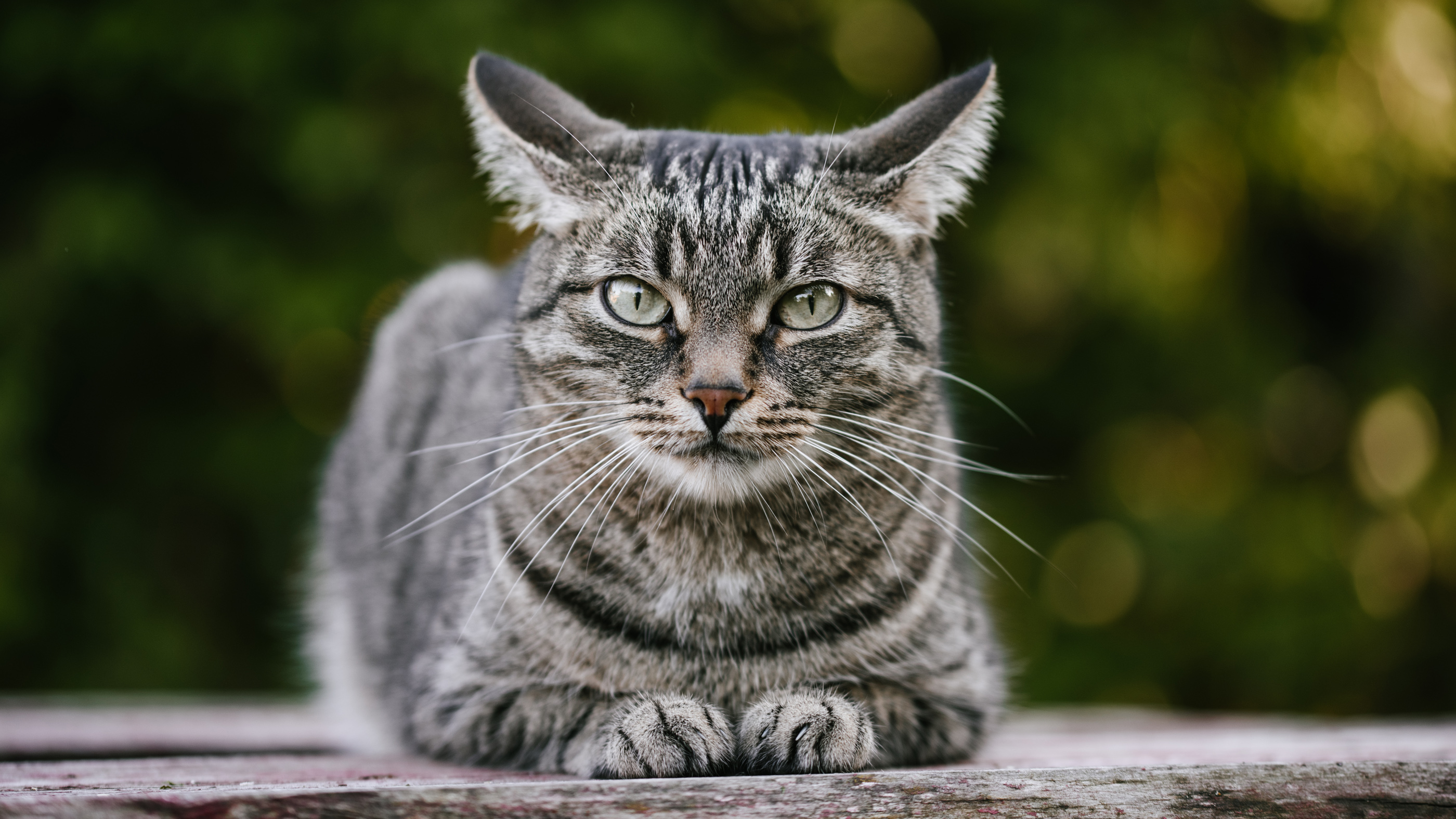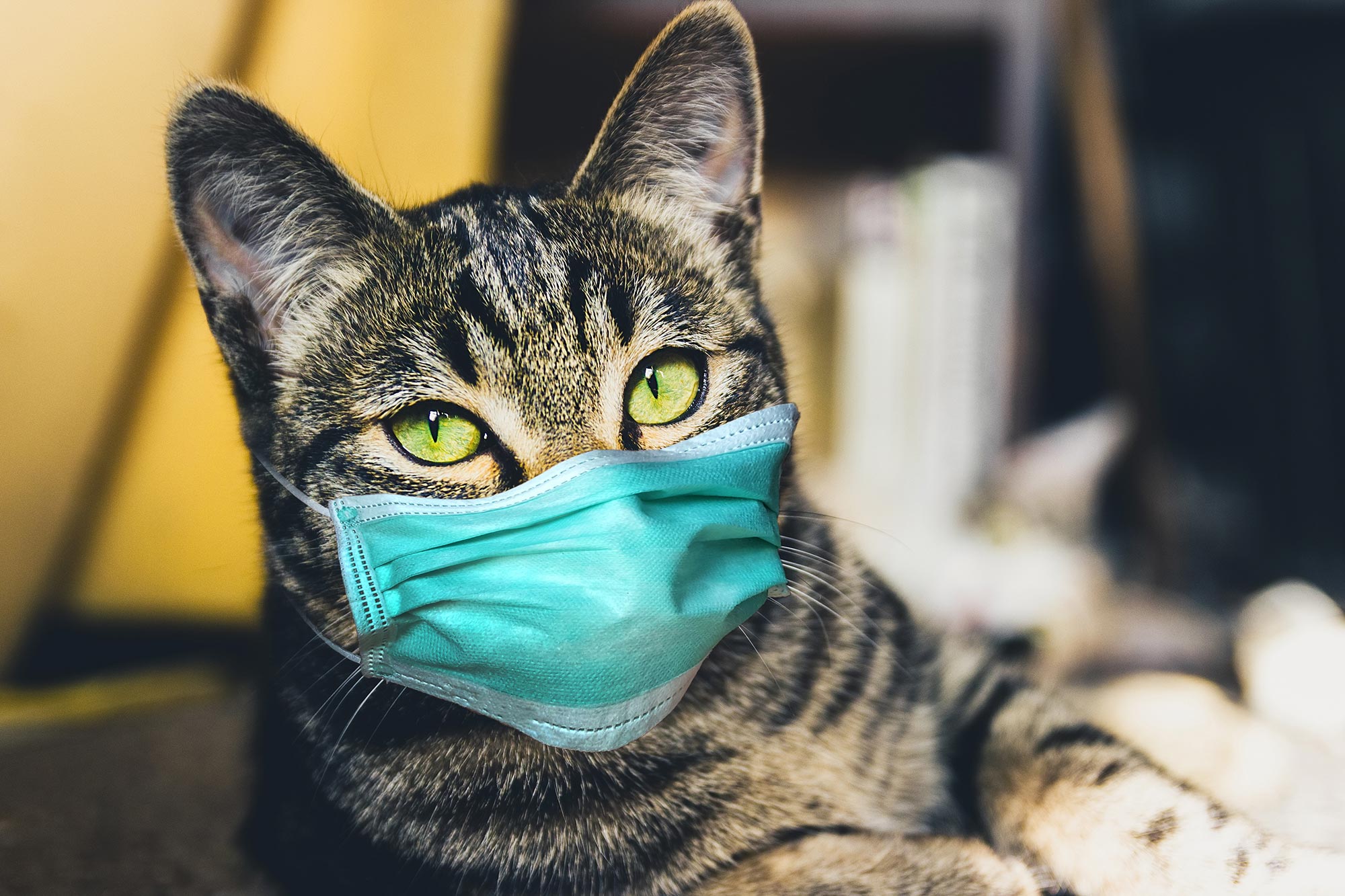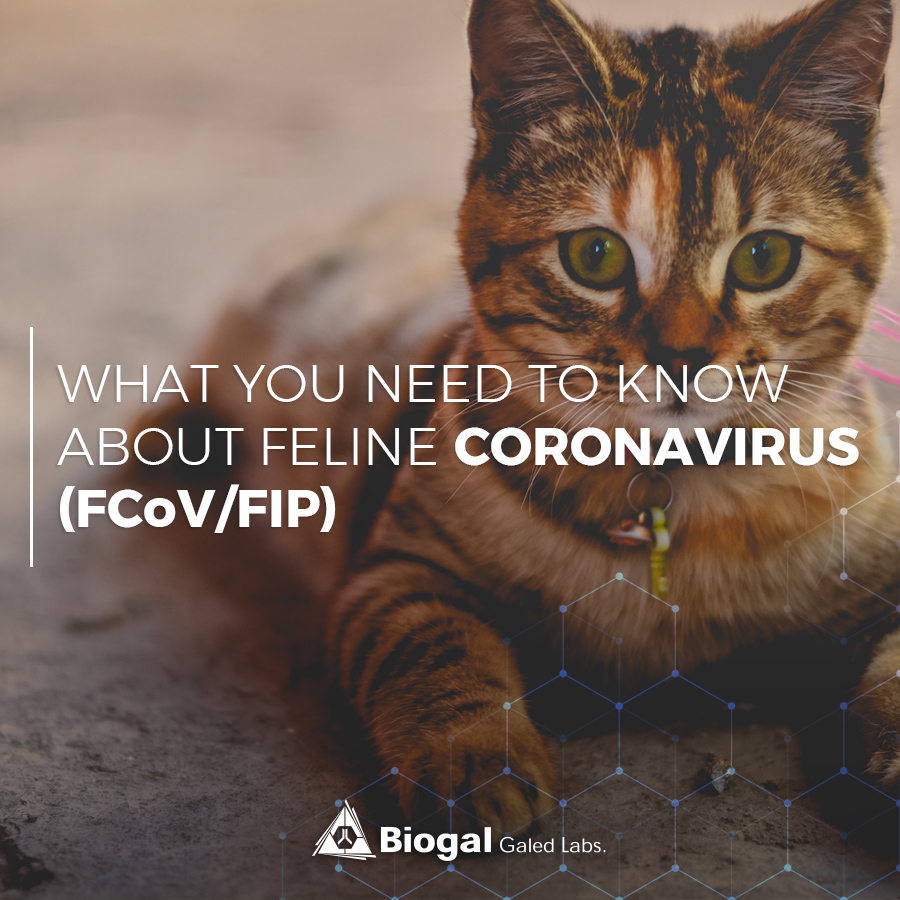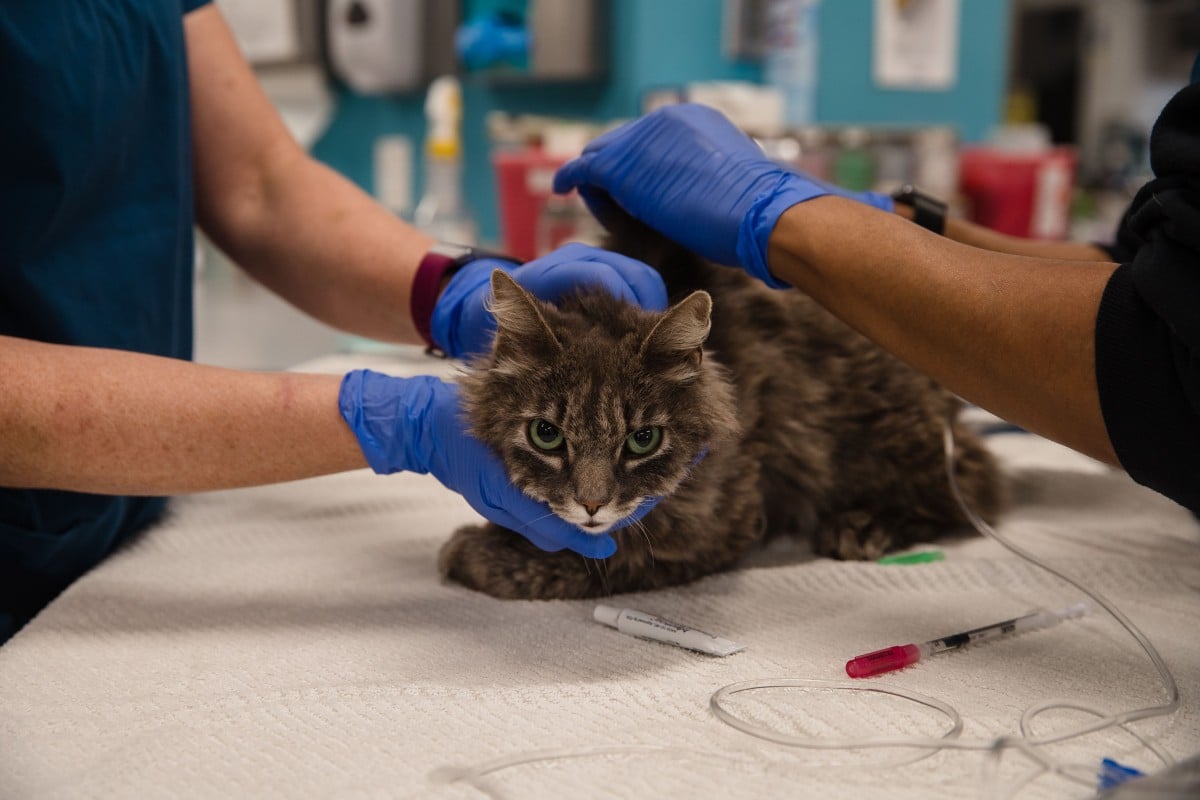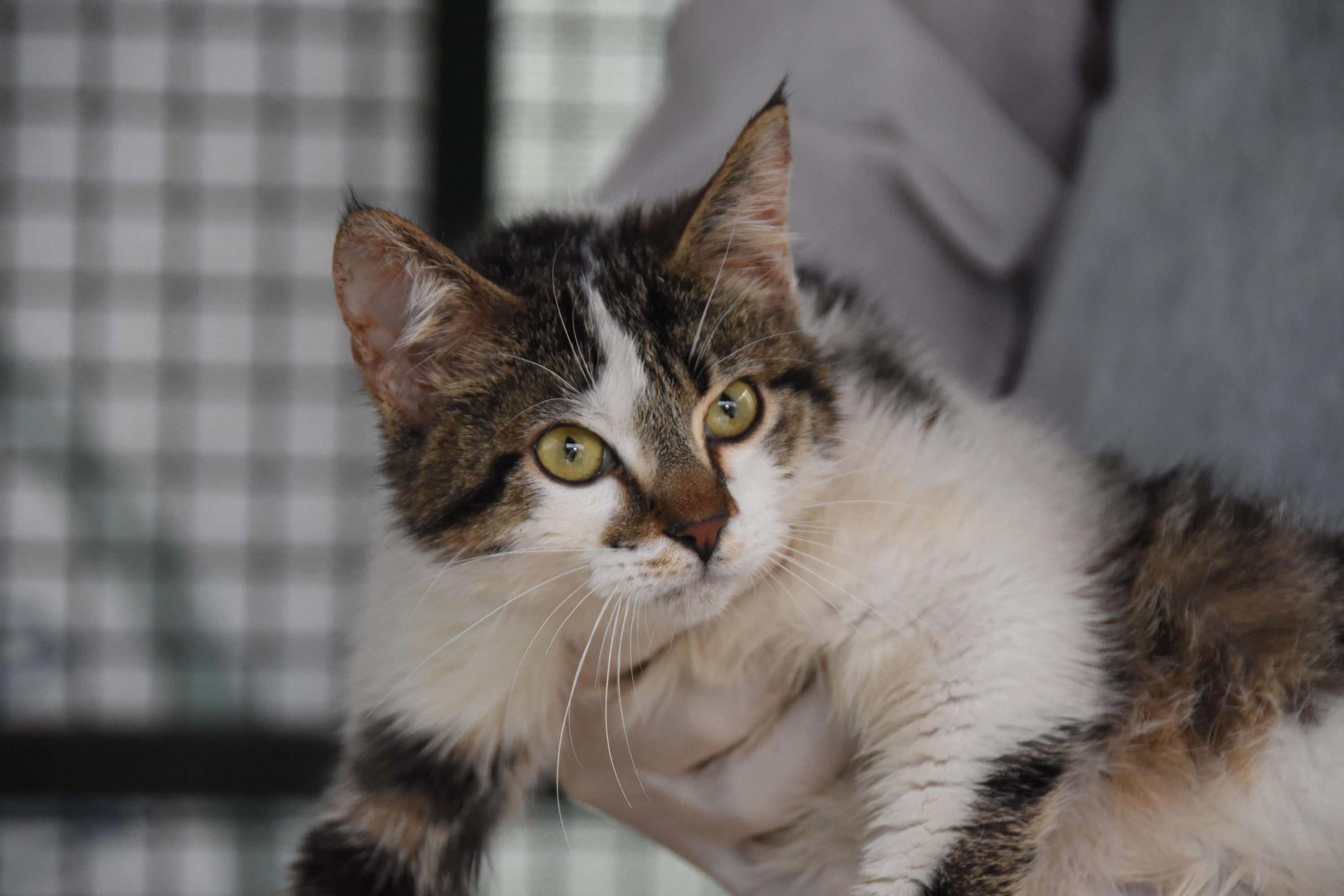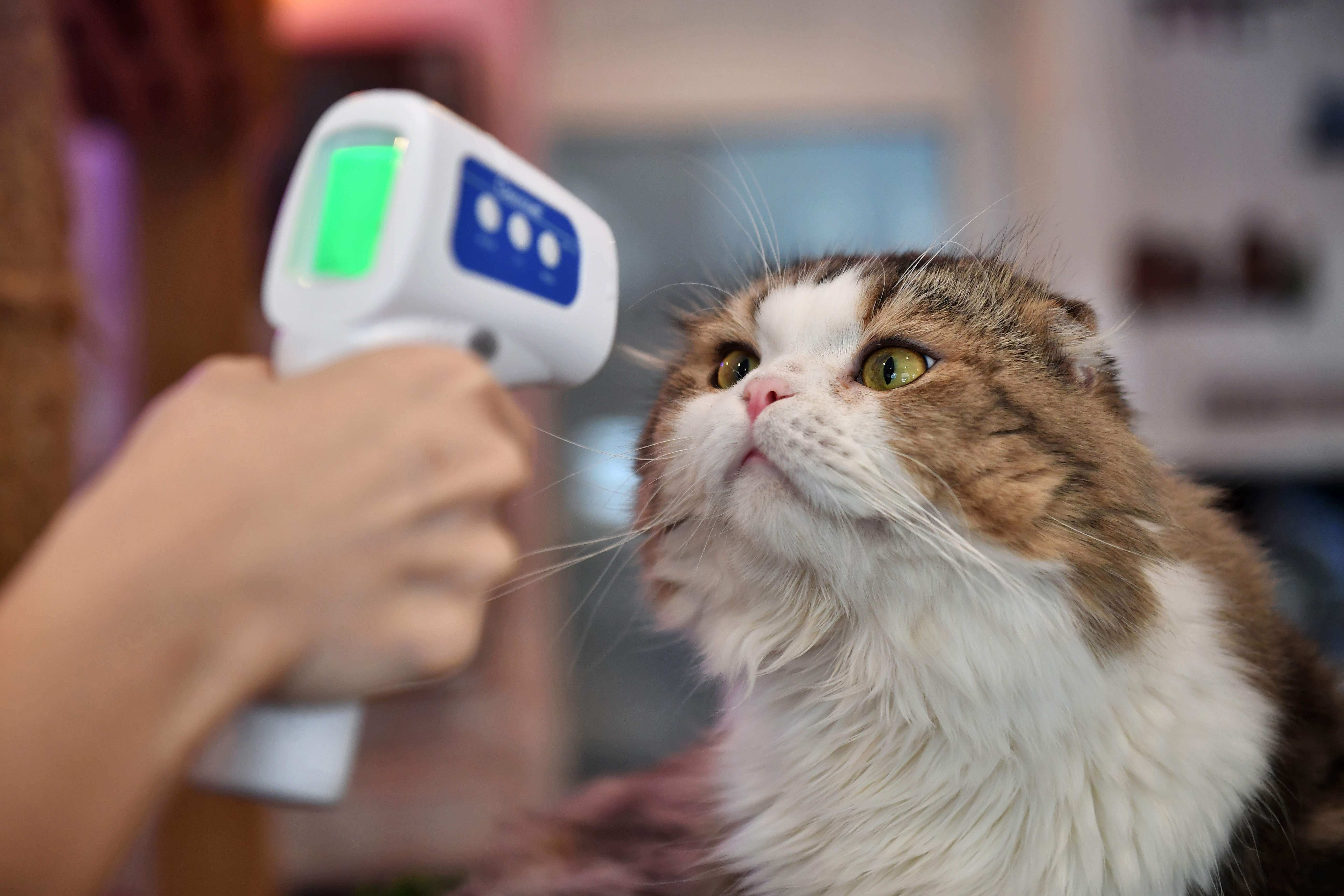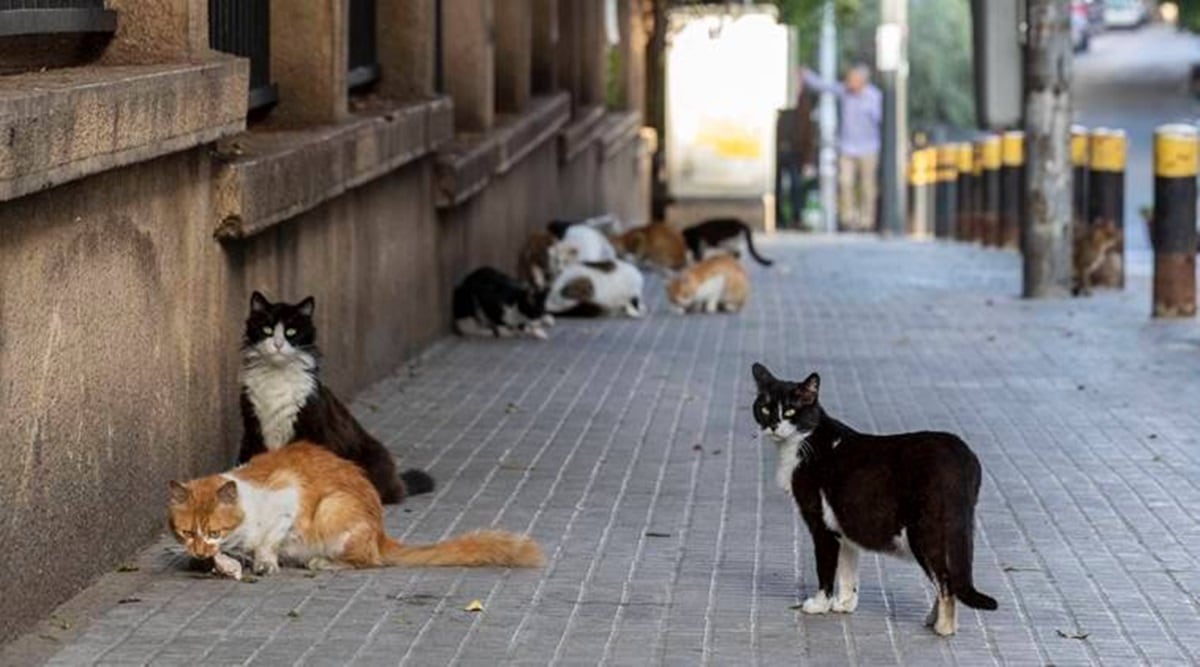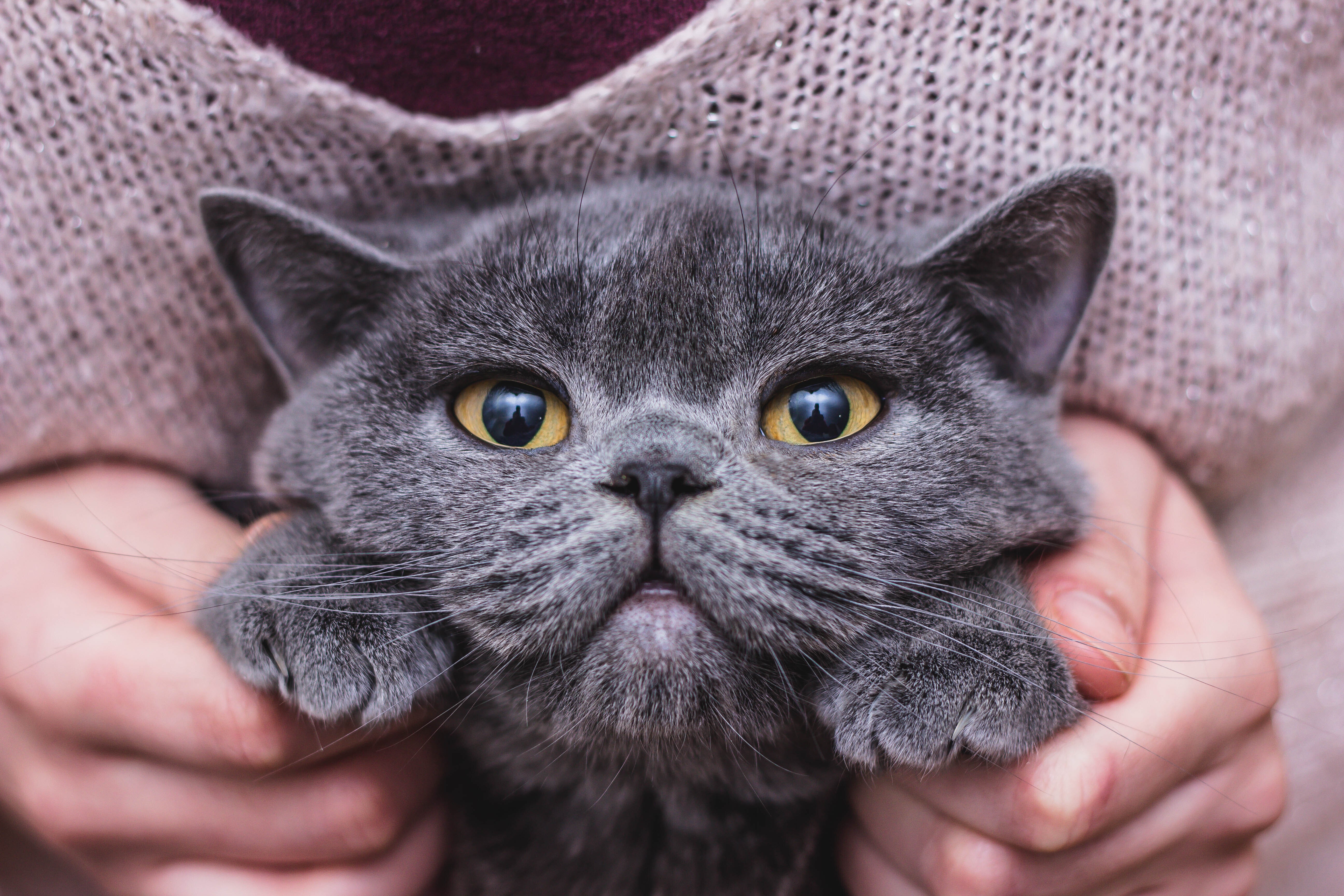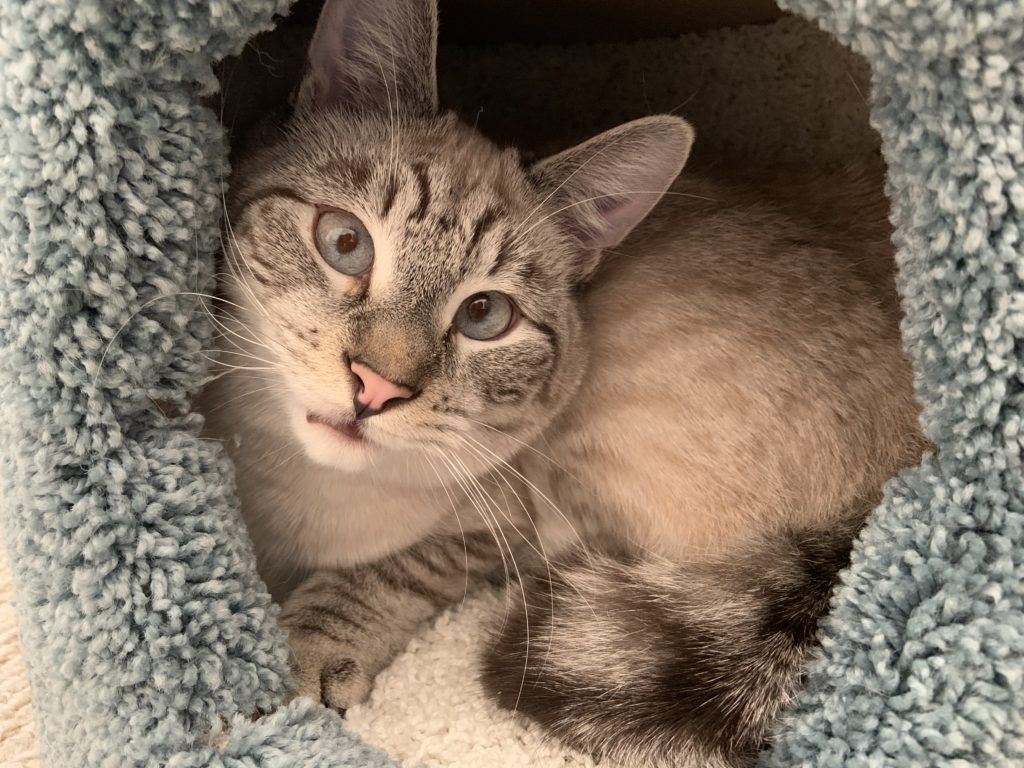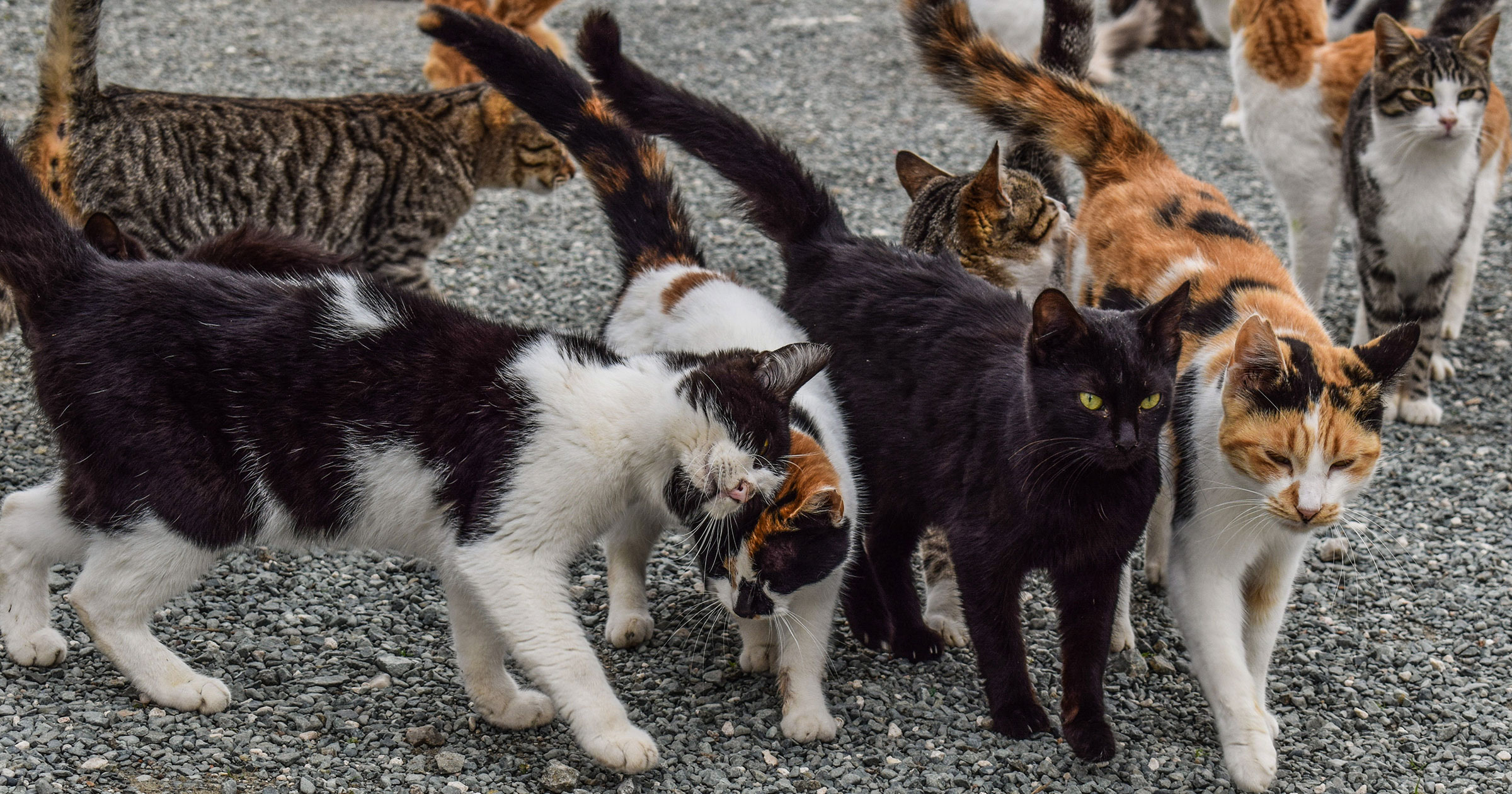Cats And Coronavirus Symptoms
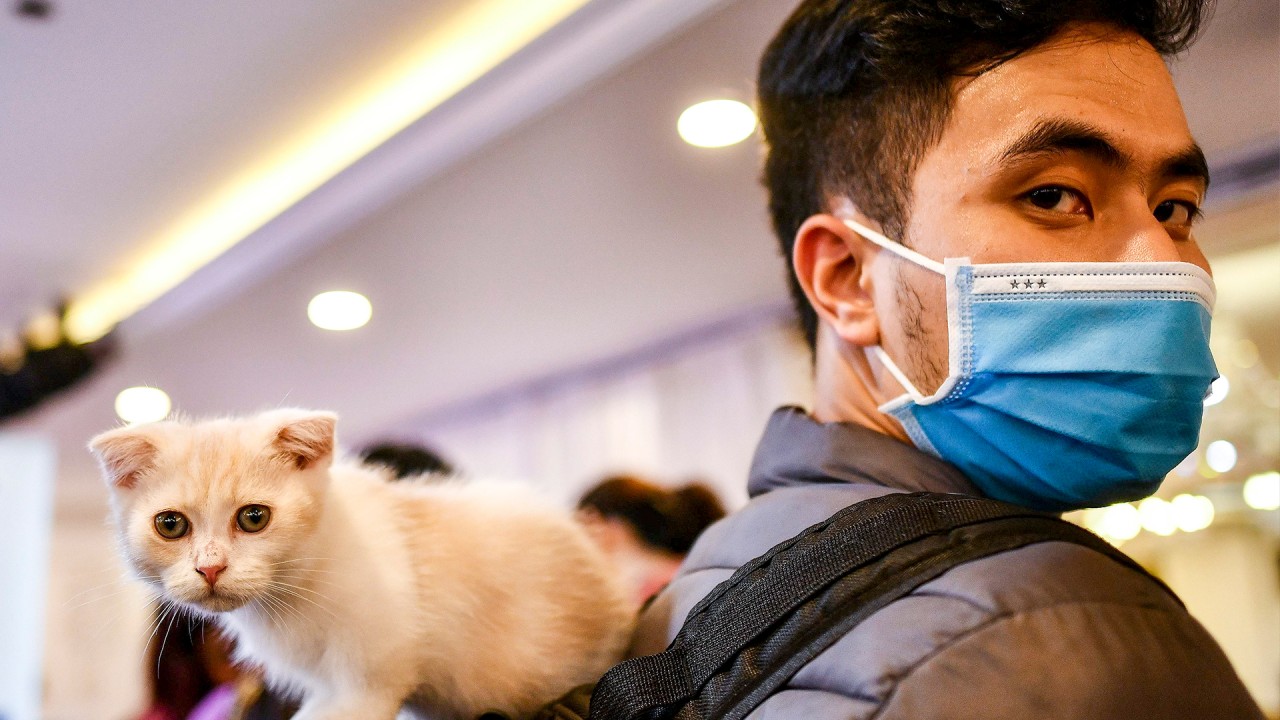
Although several animal species have been infected with SARS-CoV-2 these.
Cats and coronavirus symptoms. If your pet becomes ill theres reason to be hopeful. It is more commonly found in multi-cat households and does not affect. If your pet shows any signs of illness such as coughing sneezing or lethargy call or text your veterinarian to arrange treatment.
If your pet is experiencing respiratory symptoms or other nonspecific symptoms such as lethargy or not wanting to eat or drink then contact your veterinarian for further guidance. Both had mild respiratory symptoms and are expected to. This form often causes the cat to have seizures and move in an abnormal or uncoordinated way.
All 11 pets that underwent a second round of tests after another 1 to 3 weeks tested positive for antibodies and 3 cats still were positive for COVID-19. Not all cats have to be kept indoors. Most of these animals became infected after contact with people with COVID-19 including owners caretakers or others who were in close contact.
Symptoms but sadly most affected cats have to be euthanased. If youve been diagnosed with are suspected of having or are displaying characteristic symptoms of coronavirus COVID-19 it is advisable to minimise the amount of time your cat spends outdoors unsupervised. Cats are susceptible to natural infection with several strains of feline coronavirus that may result in either effusive and noneffusive FIP disease or in subclinical to severe enteritis.
In some cases cats will also have excessive thirst and urination vomiting weight loss and jaundice. The majority of cases were mild and only 20 percent of dogs and 30 percent of cats had symptoms. What if my pet shows symptoms coughing fever chills of human coronavirus COVID-19.
Two cats in New York have been infected with the novel coronavirus federal officials announced Wednesday. What is Feline Coronavirus or FCoV. Feline Coronavirus FCoV and Feline Infectious Peritonitis FIP VETERINARY GUIDE 10.

